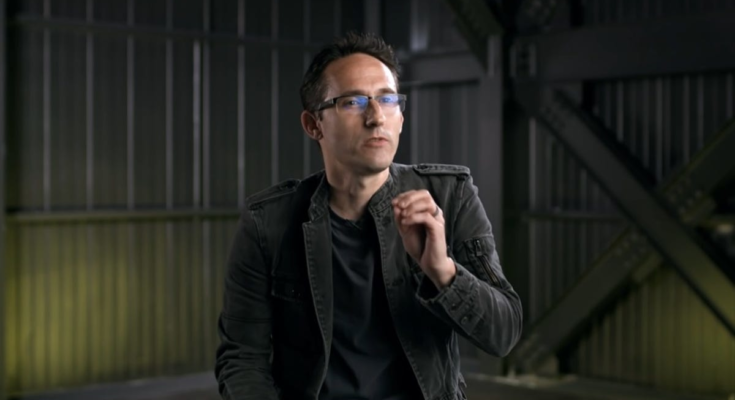
Microsoft’s head of Xbox research and design, Chris Novak, will leave the company after nearly two decades, he announced yesterday. The veteran console architect was a leading creative force in a division that oversaw the creation of everything from achievements to Game Pass, a service that upended the way many people buy and play games.
“I have loved my time with Xbox,” he wrote on LinkedIn yesterday. “Building end-to-end experiences for gamers is a privilege. There are very few things one gets to work on in life which evoke such passion in people around the world.”
Novak’s trajectory at the company was marked by the peak of the Xbox 360 days and the rebuilding phase as the company reorients itself around subscription gaming. He joined Microsoft back in 2002, a year after the original Xbox launched when the tech giant was still trying to get a foothold in a market dominated by Sony and Nintendo. Super Mario Sunshine had just come to GameCube, and Grand Theft Auto: Vice City was dominating on the PlayStation 2. Xbox had the console port of The Elder Scrolls III: Morrowind and the exclusive sequel to Jet Set Radio but no killer hits outside of the previous year’s Halo: Combat Evolved.

That changed in the years that followed, and Novak was there for both the ups and downs, first as a design director and later as design architect on Xbox One with credits ranging from 2003’s Project Gotham Racing 2 to 2016’s Quantum Break. Novak’s team pushed to expand Xbox Live achievements after seeing how Gotham Racing 2 rewarded players for doing things besides just driving fast, he told Polygon in an interview. That lesson in more open-ended play is a clear through line to current-day Xbox.
In 2016, following the struggle of the Xbox One, he took over as head of Xbox research and design, overseeing the player experience for everything from Xbox Live and Game Pass to xCloud, now Xbox Cloud Gaming, and the Xbox Series X/S. The culmination of this period being the ability to pay $15 a month to stream hundreds of games to your phone with touch controls.
“How big is that challenge when you’re trying to build experiences of entire games on a device that it was never designed for? That was the challenge at hand,” Novak told Polygon. “We spent a huge amount of time as part of the xCloud effort, with the xCloud engineers, chasing that down and making sure that all the technology allowed us to render this output to any device.”
Novak said he’s now focused on a “period of reflection and rest” after leaving Microsoft and before moving onto other projects.



